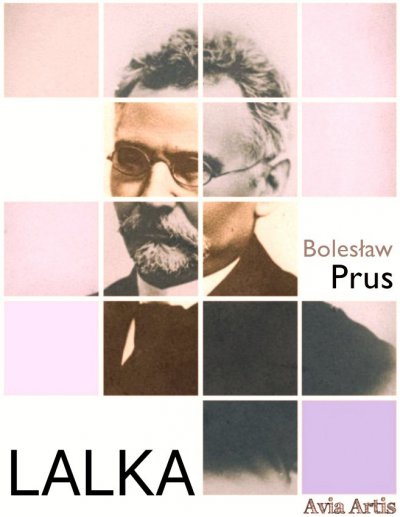


Perched on the fine line between a comfortable nineteenth-century realism and a dawning decade of “young Polish” fascination for lurid –isms, The Doll is unabashedly traditional in a way and savagely inventive in another. What remained was the appeal for tolerance and understanding of the Jews, who live in socio-cultural isolation, and especially for those who show commitment to Polish culture.If The Great Gatsby had been written by Charles Dickens and Dickens had been a Pole, the result might have come pretty close to Bolesław Prus’s 1890 masterpiece Lalka ( The Doll), a wacky, rambling, larger-than-life satire of Warsaw in the “positivist age” and one of the very few classic Polish novels that defy national boundaries. The writer, who just a few years before witnessed and promoted the process of the Jews’ cultural assimilation, had by the time of writing the novel lost his faith in the possibility of transforming the Jewish population in the constituent part of Polish society. But in his writing Prus mostly condemned all forms of persecution of and discrimination against Jews. Sometimes his opinions were argued against, when his portrayal of Jewish characters was compatible with stereotypical, negative opinions, common in Polish culture and the Christian tradition. Prus devoted a lot of attention to Jewish question in his journalistic work, which was generally favorably received by the spokesmen of the Jewish community in Poland. Summary/Abstract: It is a fragment of the afterword to the Hebrew edition of “Lalka” (“The Doll”), translated by Miriam Borenstein and soon to be released in Israel. Adama Mickiewicza Keywords: assimilation Bolesław Prus ethnic stereotype Jewish question Jews and Jewish Question in Boleslaw Prus’ “Lalka” Author(s): Samuel Sandler

Żydzi i sprawy żydowskie w „Lalce” Bolesława Prusa


 0 kommentar(er)
0 kommentar(er)
